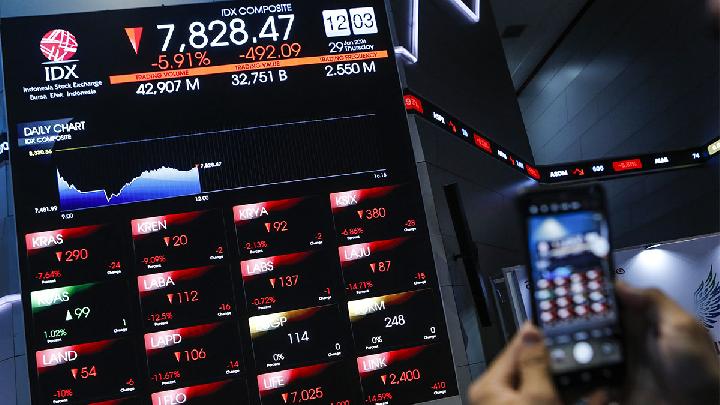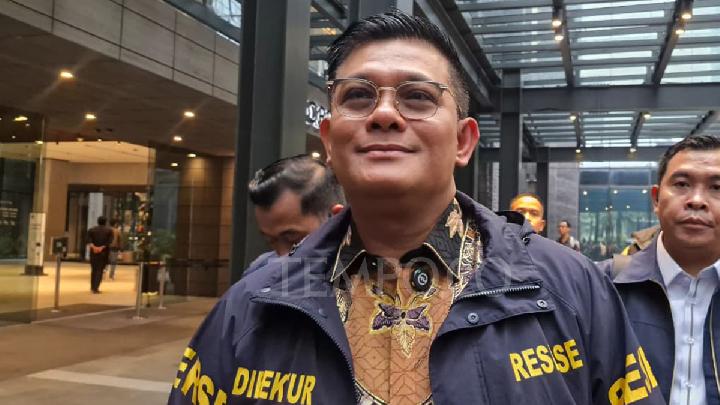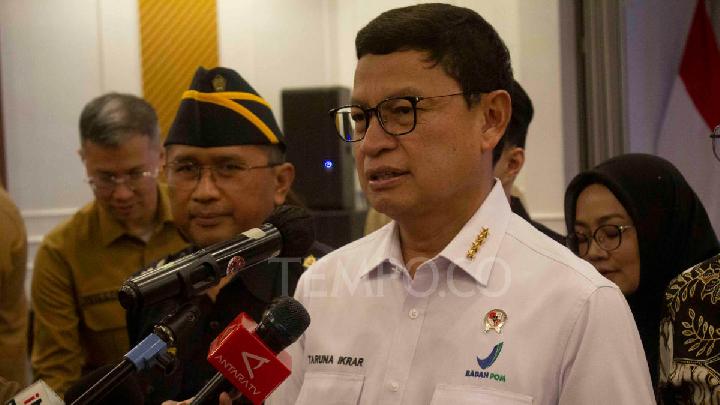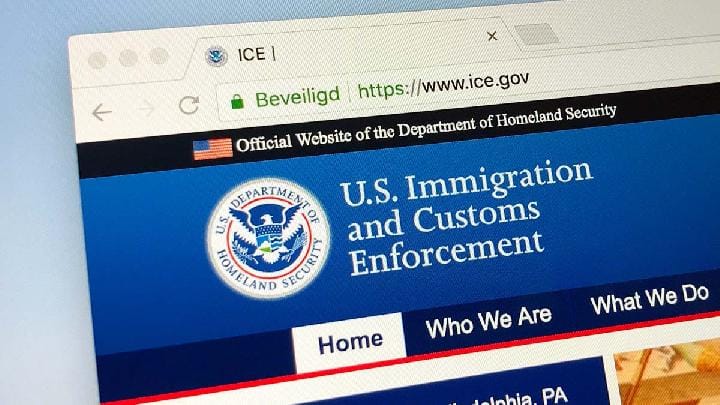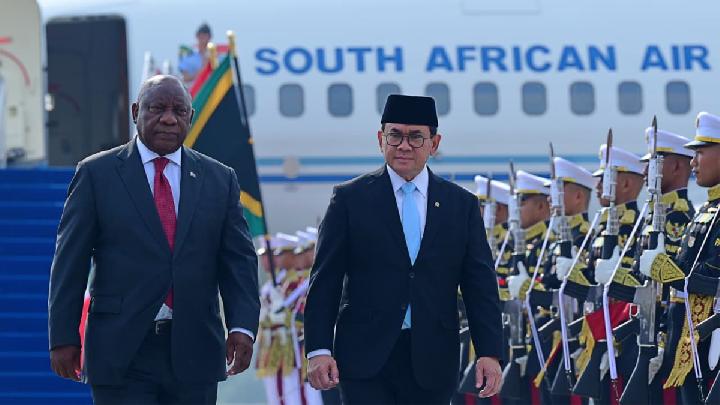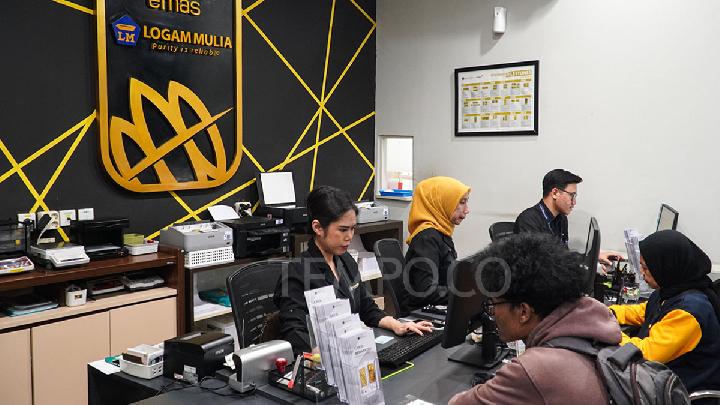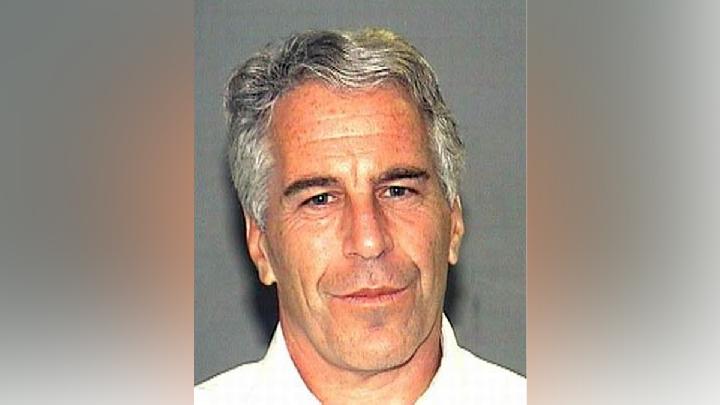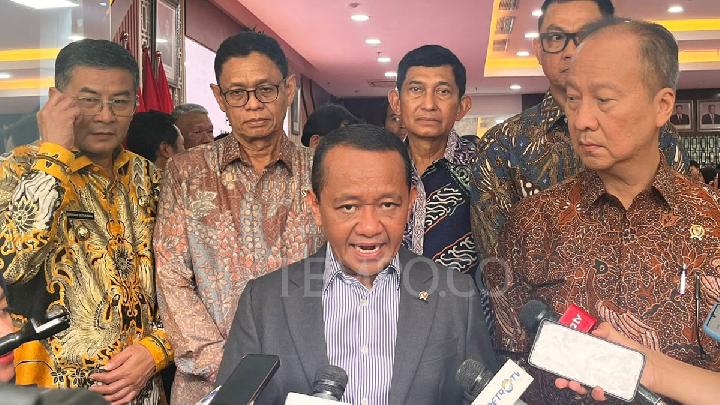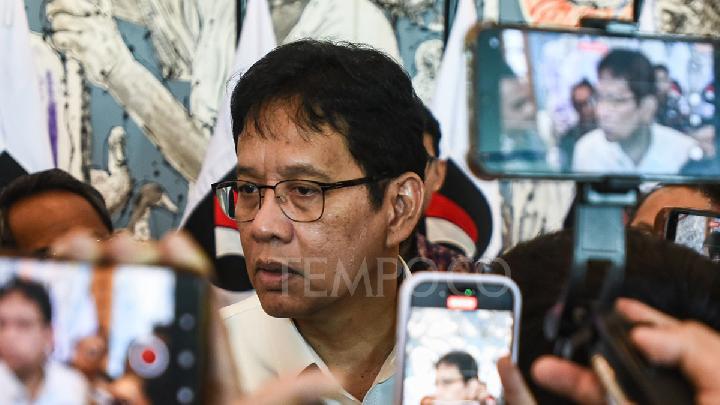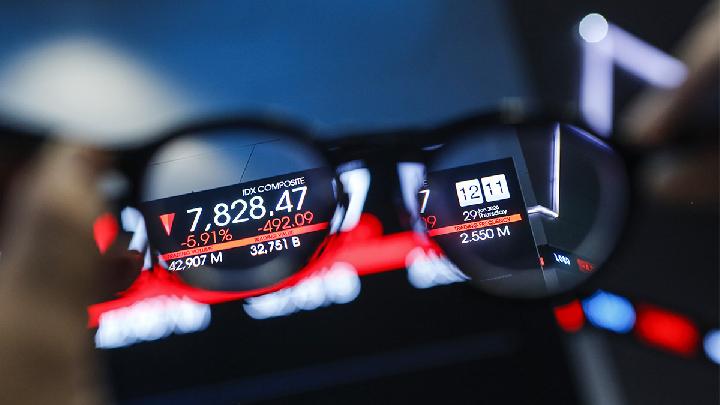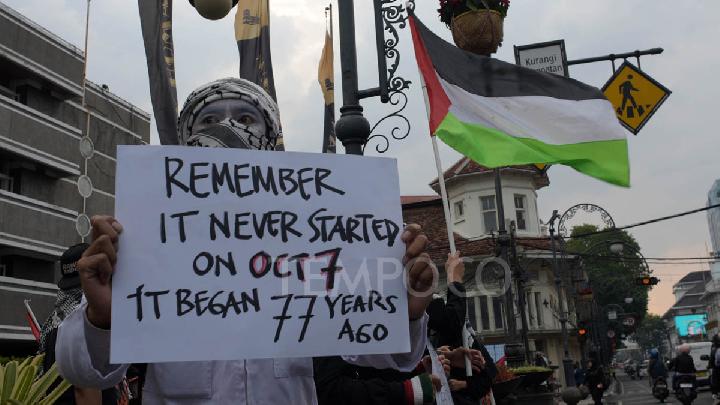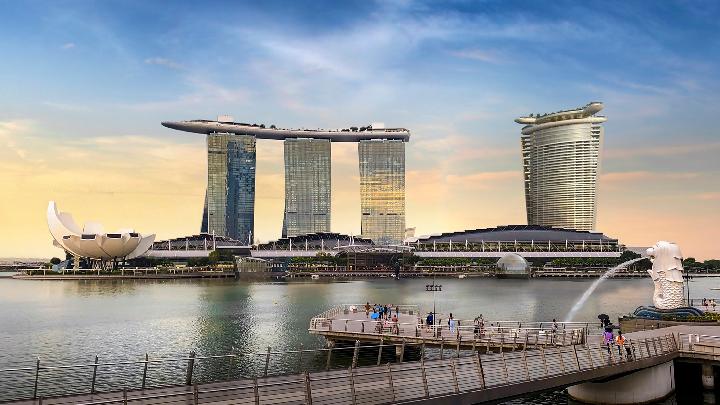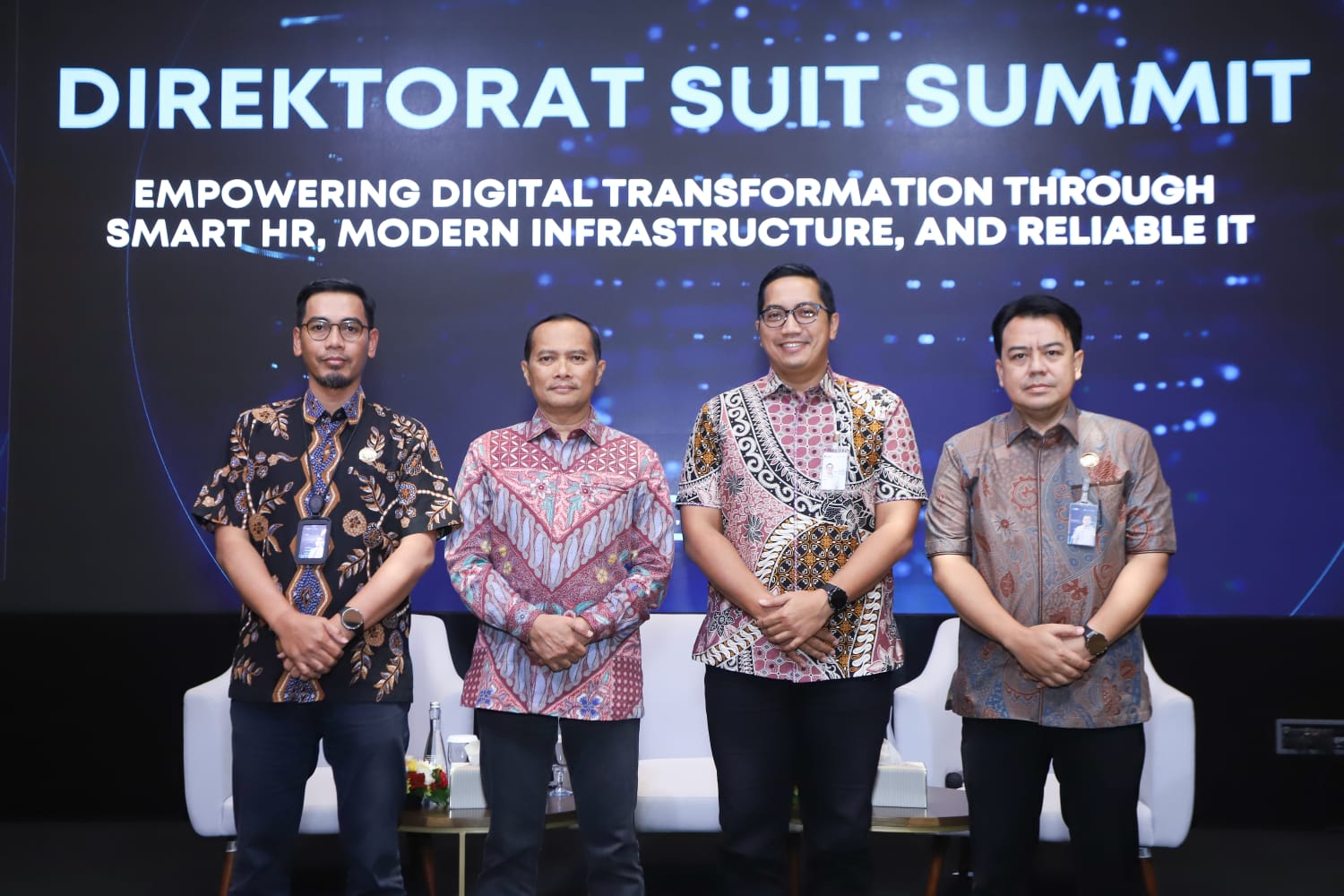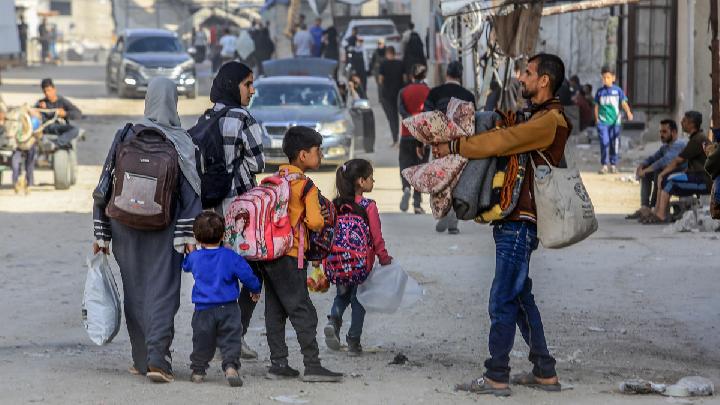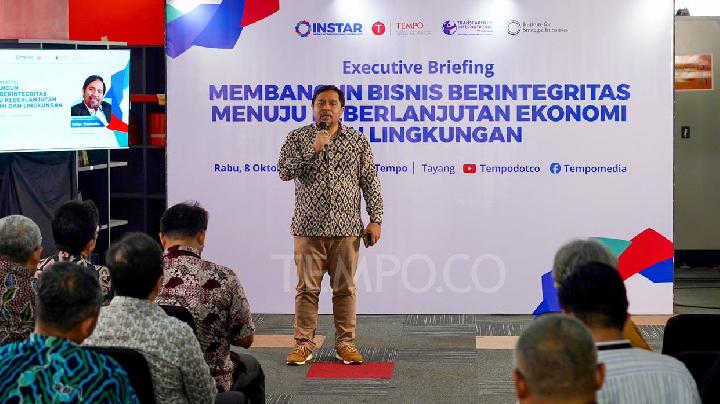October 31, 2025 | 07:04 pm

TEMPO.CO, Jakarta - The Prabowo administration is counting on carbon trading as its climate policy. It opens the door to greenwashing.
THE administration of President Prabowo Subianto does not appear to be serious in preventing the climate emergency by reducing the greenhouse gas emissions. Instead of reducing deforestation and encouraging industry to adopt environmentally friendly policies, the government is relying on carbon trading, an instrument that has proved unable to mitigate the climate crisis in many nations.
This policy direction is reflected in the Second Nationally Determined Contribution (NDC) document, which will be handed over to the United Nations Framework Convention on Climate Change (UNFCC) at the UN Climate Change Conference in Brazil in November 2025. In this forum, the government plans to show off 50 million tons of carbon dioxide equivalent (CO2e) certificates resulting from Indonesia’s carbon dioxide emission reductions in the international voluntary market from 2021.
The government’s climate strategy is reinforced by the issuance of Presidential Regulation No. 110/2025 concerning the Implementation of Carbon Economic Value Instruments and the Control of National Greenhouse Gas Emission. This regulation serves as the legal basis for establishing a voluntary carbon market in Indonesia, which was previously unrecognized. Through this mechanism, companies can freely sell or buy carbon via negotiation without government intervention. In the previous regulation, the buying and selling of carbon had to be acknowledged by the government as an emission reduction claim.
It is true that the carbon trading system is globally recognized as one of the instruments to mitigate climate change. The European Union and a number of developed nations have implemented it. However, there is a dark side to carbon trading that cannot be ignored.
A number of studies show that carbon trading policies often encourage greenwashing, a marketing strategy to project an environmentally friendly image. By participating in carbon trading, companies are striving for legitimacy and strengthening their reputation as a green industry, even though they have not significantly reduced their emissions. Such a camouflage strategy even allows companies to make a profit on the capital markets.
Furthermore, there is a significant gap between government policies and implementation on the ground. This is caused by several factors, including poor mechanisms for monitoring greenhouse gas, inefficiencies in governance, and the lack of clear allocations of capital to achieve emission reduction targets. Many major companies have chosen this shortcut by buying cheap carbon credits from developing nations such as Indonesia and Brazil, rather than investing in low-emission technologies.
This came to light thanks to research carried out in 2021 by Oxford Net Zero, a cross discipline initiative from the University of Oxford, Britain. Of more than 4,000 companies around the world that were investigated—all on the Forbes Global 2000 list—only 20 percent actually met the net zero criteria, namely reduction of emissions to zero.
In the end, carbon trading is only a transitional tool for dirty industries to turn themselves into clean industries. It cannot become the main mechanism for reducing emissions. The main efforts should be in preserving forests, preventing deforestation, and building sustainable industries. Without all of this, the government’s net zero commitment will only be green jargon on paper.
Deputy Energy Minister Targets Indonesia's B50 Implementation in 2026
38 hari lalu

Deputy Minister of Energy and Mineral Resources (ESDM) Yuliot Tanjung stated that the implementation of B50 biodiesel fuel in Indonesia will commence in 2026.
The Future Is Still Ours to Shape
52 hari lalu

If economic choices continue to make the majority suffer, the existing crisis will only deepen.
Climate Crisis Compels Indonesians to Seek Work Abroad, Says Migrant Workers Union
27 Agustus 2025
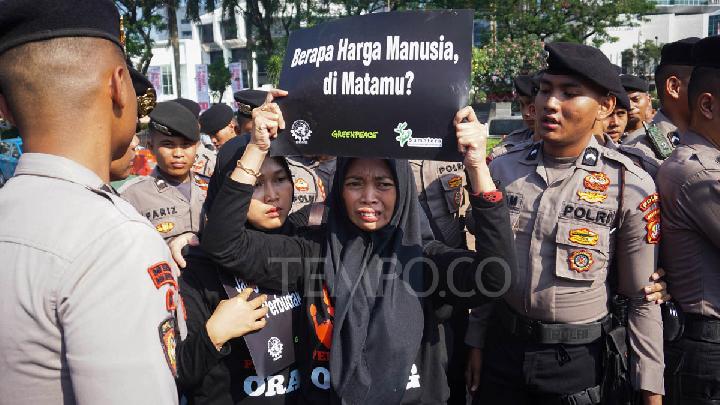
SBMI highlights the impact of climate crisis on Indonesian citizens, pushing them to work abroad as migrant laborers due to the deterioration of their livelihoods in the country.
Indonesia to Push Carbon Sales Potential at COP30 in Brazil
27 Agustus 2025

With Norway, Korea, and Japan showing interest, Indonesia sees COP30 as an opportunity to boost its carbon trading market.
Indonesia's Zagy Berian Represents Southeast Asia as UN Climate Change Youth Adviser
13 Agustus 2025
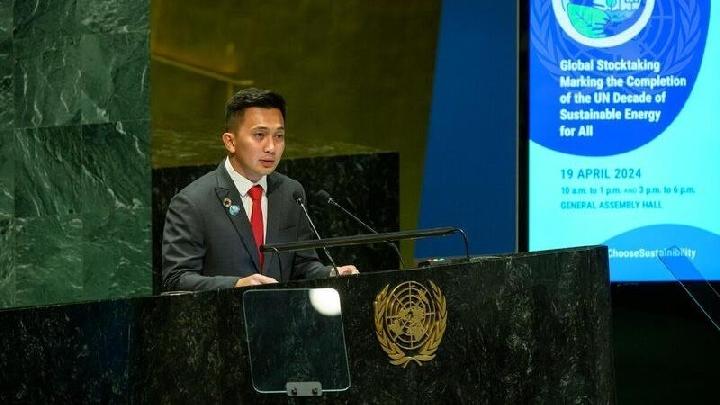
Zagy Berian has been selected as the sole Southeast Asian representative in the third group of the Youth Advisory Group on Climate Change formed by the United Nations Secretary-General.
Rolling Back on Climate Commitments
17 Juli 2025

The government is revising Indonesia's climate commitment document. A weak economy is an opportunity to reduce carbon emissions.
Bali Challenges Itself to Achieve Net Zero Emissions by 2045
16 Juli 2025
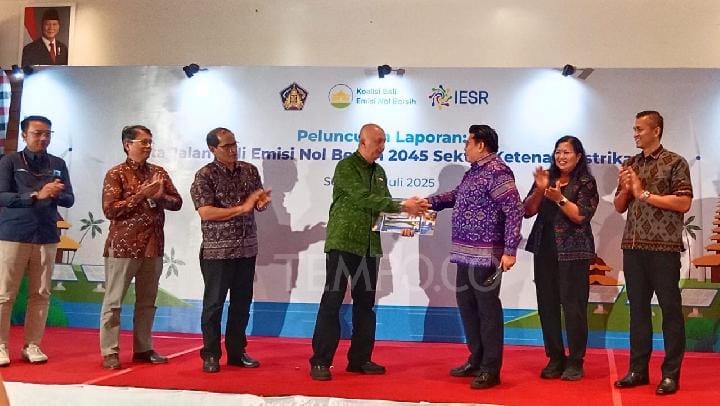
More aggressive than the national target, the Bali Provincial Government has set the target of Net Zero Emission (NZE) by 2045.
European Heatwave Claims Over 2,300 Lives; Here's What Experts Say
11 Juli 2025

The number of casualties due to heatwaves is expected to increase if the temperature rises by two to three degrees.
Time to Turn Forests into Ecological Landscapes
10 Juli 2025

The Forestry Law is no longer relevant in the face of the climate crisis. A change of paradigm is needed.
Green Paradox in Carbon Trading is Inefficient and Costly, Expert Says
1 Juli 2025
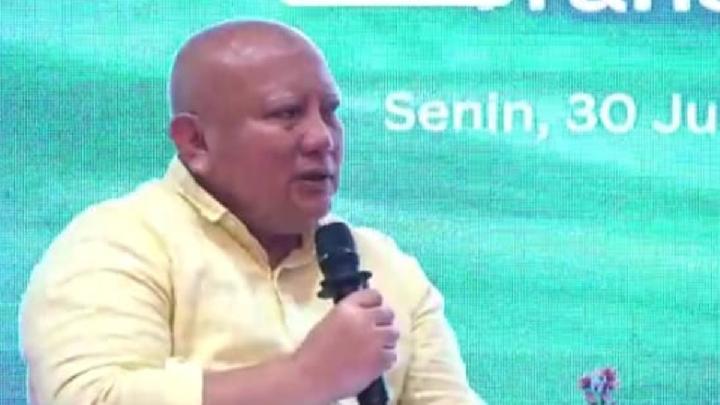
The inefficiency of green paradox in carbon trading was highlighted by Dicky Edwin Hindarto, an energy specialist.


